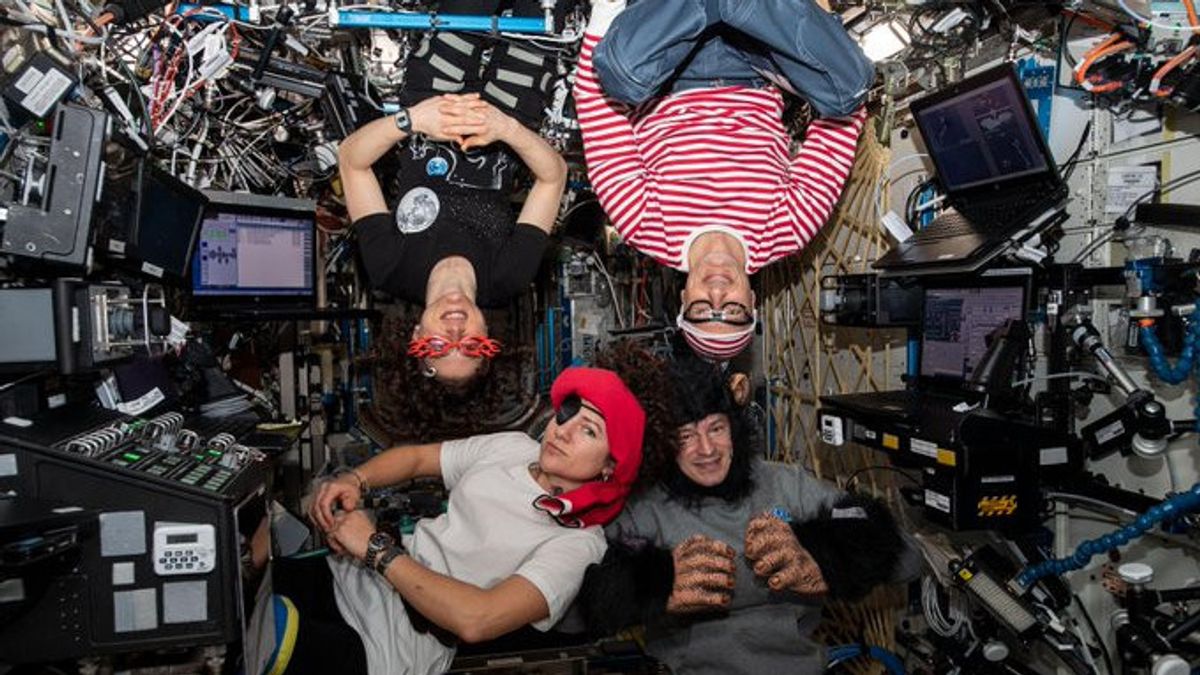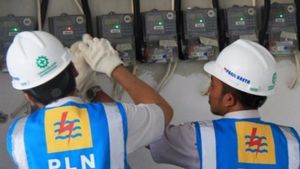Researchers at the University of Florida and the School of Medicine Wake Forest in North Carolina have found that spaceflight can cause erectile dysfunction in male astronauts. This, based on experiments on mice. The results of this study emerged as a serious warning to the long-term flight plans to the Moon and Mars.
The experiment involved 86 male mice stationed at NASA's Space Radiation Laboratory in New York. Half of the mice were placed with their back legs facing upwards to simulate microgravity in space, while the other half could move freely inside their cages. The two groups of mice were then confronted with different levels of cosmic radiation.
The results of this study show that exposure to levels of cosmic radiation and microgravity can cause erectile dysfunction problems in mice. Further research a year later revealed two issues related to erectile dysfunction, namely oxidative stress and endothelial dysfunction, which can inhibit blood flow to the penis.
The researchers note that oxidative stress, caused by an increase in instable molecules called free radicals, and endothelial dysfunctions, where a thin layer of cells coating blood vessels cannot function properly, is the cause of erectile dysfunction.
Although these experiments involve mice, researchers fear similar effects could occur in humans. Astronauts living on the International Space Station (ISS) for months and conducting intensive physical exercises to address microgravity could pose this risk.
SEE ALSO:
Radiative exposures in space and microgravity can cause a decrease in bone health, increased risk of fractures, and decreased muscle performance. In addition, the heart is also affected and experiencing shrinkage. Research in 2021 shows that intensive physical exercise is not enough to cope with the prolonged effects of the loss of gravity to the heart.
NASA, in the framework of the Artemis program, which aims to send astronauts to the Moon and eventually to Mars, is faced with these serious health challenges. Plans to establish a permanent human colony there also further highlight the health complexity of astronauts during long-term spaceflight.
Researchers expressed hope that treatment might be available to male astronauts before or after they return from space missions, or even as long as they are in space. With human aviation plans into space getting closer, it is important to monitor astronauts' sexual health after they return to Earth.
The English, Chinese, Japanese, Arabic, and French versions are automatically generated by the AI. So there may still be inaccuracies in translating, please always see Indonesian as our main language. (system supported by DigitalSiber.id)

















